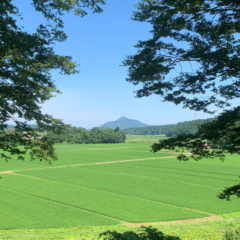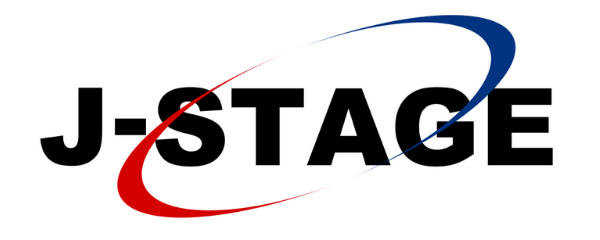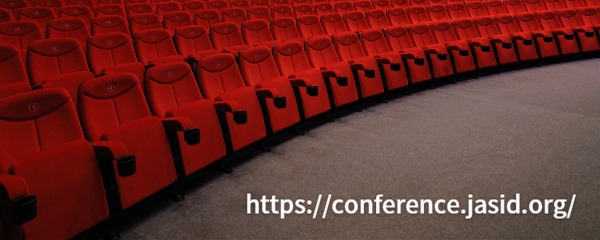“Resilience Seminar #41” Jan. 26 [for Members and Generals]
The Resilience seminar cordially invite you to join the following hybrid seminar. For zoom participation, prior registration is required here. https://kyoto-u-edu.zoom.us/meeting/register/tZcrf-iopj8vEt3qjR7X8JozVocIOWAF6ufP https://sites.google.com/view/aes-kyotonre/reselience-seminar Resilience Seminar #41 Date & Time: January 26, 2023, Thu 16:30-18:15 JST Language: English Venue: Seminar Room E220, Graduate School of Agriculture, Kyoto University and Zoom Web Seminar (hybrid) Speaker Masanori Matsuura, Institute of Developing Economies (IDE-JETRO) Title Weather Shocks, Livelihood Diversification, and Household Food Security: Empirical Evidence from Rural Bangladesh Abstract...
The 32nd JASID Annual Conference (#3)
We received many applications for our conference this year. All the applications were reviewed at the Conference Organization Committee on Sep. 22, and all the decisions were sent to the applicants. We would like to ask the applicants to confirm it. Twenty-nine sessions (education, medicine, health, agriculture, disaster reconstruction, COVID-19, civil society, and peace etc.) will be held at the 32nd JASID Annual Conference: six organized sessions, nine roundtables, fourteen oral presentation sessions, and...
[RG19-3] Development and Nutrition Improvement
Contributing factors of malnutrition is diverse, including food insecurity (increased food demand due to global population growth, decrease in agricultural productivity, and rising crop demand for crop speculation), insufficient and inappropriate food intake, lack of nutritional knowledge and information, infectious diseases by poor sanitation, limited access to health services, and constraints to raise household income for the poor. The importance of addressing malnutrition multisectorally have been previously recognized, however, several obstacles have hindered the...
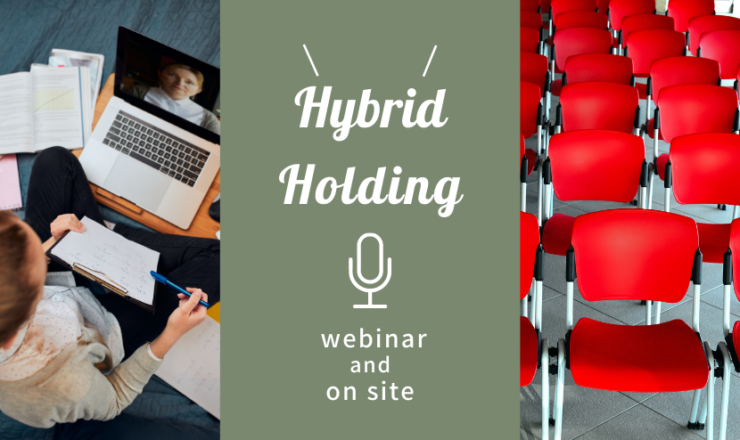
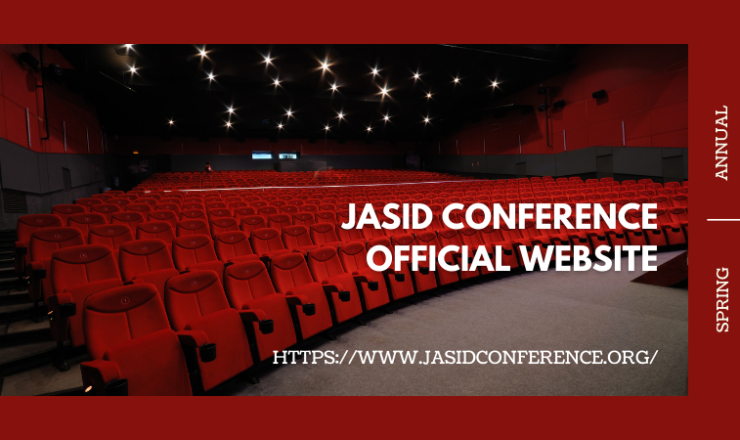
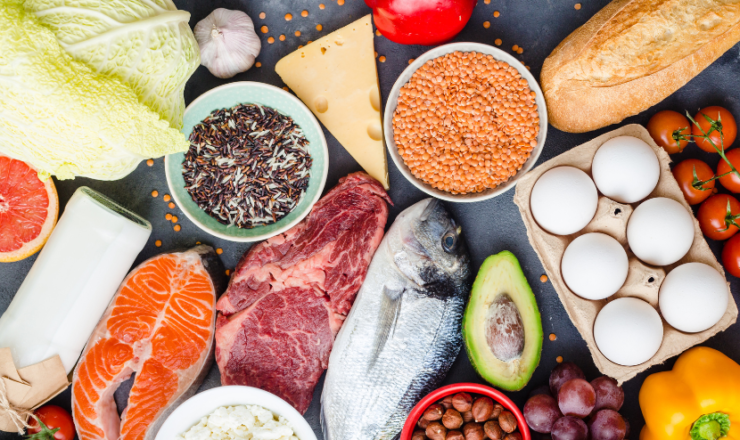
![社会課題解決のための開発とイノベーション [FY2022-]](https://jasid.org/wp/wp-content/uploads/2021/11/eye-Solving-Social-Problems-240x240.png)


